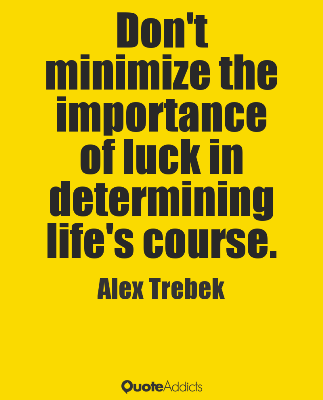There are numerous definitions of leadership. Seen from the complexity view, a leader is someone that is able to create locally, more or less broadly, some alignment inside a complex organization.
 In a complex system it is certainly difficult to create any sort of alignment. Contributors all have their own interest and are very inter-dependently linked and related to other contributors. However when one is able to create a dynamic movement and bring along the necessary contributors, astonishing things can happen. That’s probably what leadership in a complex world means.
In a complex system it is certainly difficult to create any sort of alignment. Contributors all have their own interest and are very inter-dependently linked and related to other contributors. However when one is able to create a dynamic movement and bring along the necessary contributors, astonishing things can happen. That’s probably what leadership in a complex world means.
This may be a new definition of leadership. At the same time I believe it is a useful approach to this issue. Seen from that perspective, a number of leadership practices become clearer and more founded in actual science.
As a leader, impress movement in complexity. It is will be even more powerful than what you believe.











